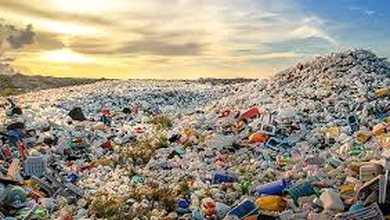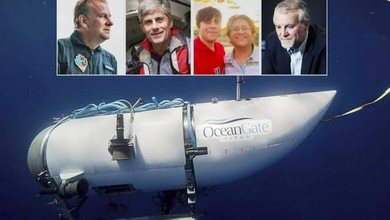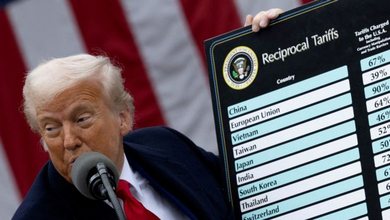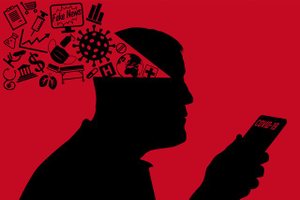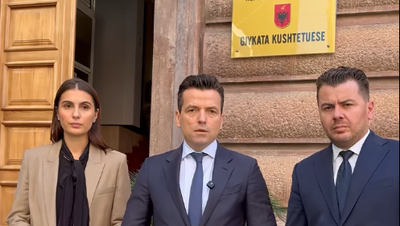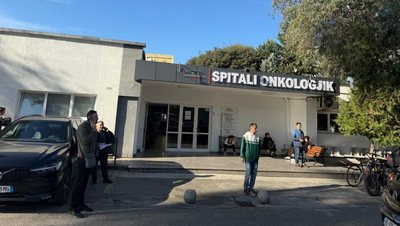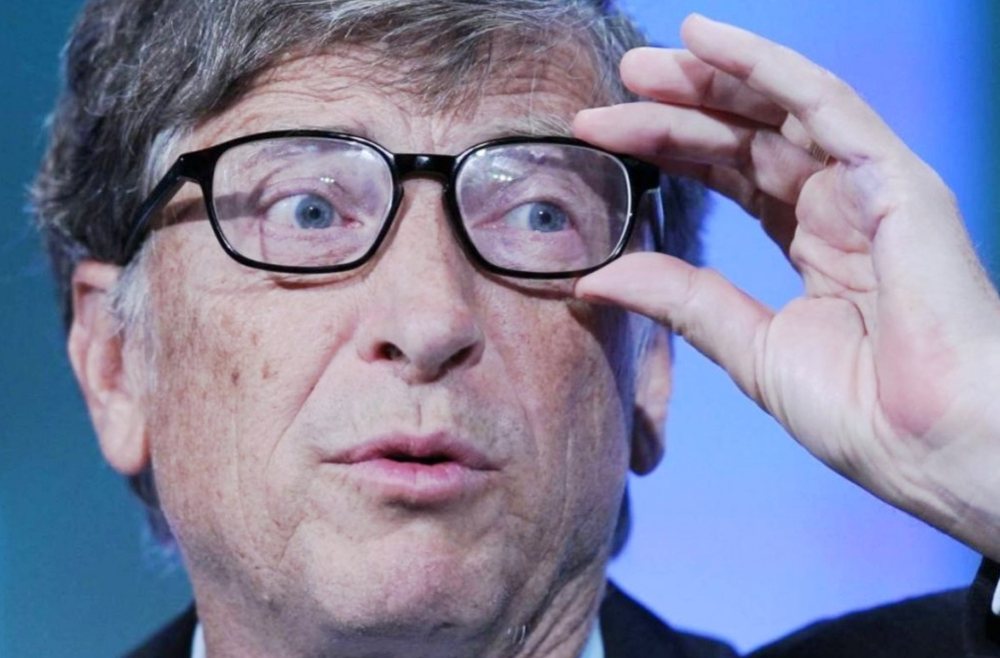
The Microsoft co-founder, like several global reports, warns that AI will eliminate the need for repetitive work, but he emphasizes that it is imperative that governments and companies ensure that this transition does not have negative consequences for people.
Bill Gates has stated on several occasions that artificial intelligence has changed the structure of work globally. The advancement of algorithms and automation is rewriting professions, replacing routine activities and requiring constant adaptation. In this context of rapid change, Gates has identified sectors in which the human role remains irreplaceable and where specialized knowledge continues to be essential.
According to the Microsoft co-founder, although generative artificial intelligence has advanced greatly in digital tools, there are professions that, by their very nature, are at the center of technological transformation and cannot be replaced.
Why programming is an irreplaceable profession by AI
According to Gates, programming is an essential form of being "literate" in the modern era. Software development is not just about creating digital tools, but is related to the underlying language of key sectors such as communications, health and security.
The demand for programmers continues to grow, driven by necessity. Programmers oversee, debug, and lead the creation of algorithms. Gates points out:
“Even though AI is capable of writing code, it still needs qualified human supervision to develop properly.”
Reviewing errors, integrating ethical values, and predicting biases in automated models are tasks that go beyond the capabilities of an autonomous system.
What makes biology a crucial field in the face of automation?
The field of biology occupies a central place in the scientific innovation of our time. The expansion of biotechnology, gene editing, and personalized medicine has opened up new possibilities for the prevention and treatment of diseases.
Gates has emphasized that, to face medical challenges such as pandemics or the rise of chronic diseases, human experience is irreplaceable. According to him, biology has become “the science of our time.”
In-depth analysis of living systems, interpretation of biomedical data, and the ability to make complex decisions are not simple matters that can be automated.
No matter how advanced an algorithm is, there is no substitute for the judgment of a biologist when it comes to dealing with health crises or designing personalized healthcare solutions.
Why the energy sector is considered one of the few immune to AI
The transition to clean energy and the fight against climate change have made energy a strategic sector for humanity. Gates highlighted the role of energy experts in designing new technologies, such as carbon capture or green hydrogen.
These innovations require professionals capable of understanding complex systems, reimagining them, and predicting their environmental impact. AI helps optimize energy processes, but it cannot replace human creativity and judgment in solving sustainability challenges.
According to Gates, innovation in the energy sector is not only a response to an environmental emergency, but also represents a continuous source of job opportunities and scientific development. Developing, interpreting and adapting complex energy solutions requires analytical skills that are very difficult to fully automate.
What recent studies show about the exposure of different professions to AI
A joint study by the International Labor Organization (ILO) and the Polish National Research Institute (NASK) sheds light on the impact of generative artificial intelligence on employment.
The report, “Generative AI and Work: An Enhanced Global Occupational Exposure Index,” estimates that one in four jobs in the world is potentially exposed to generative AI. However, the document notes that transformation, rather than complete replacement, will be the most common outcome.
The analysis distinguishes between jobs at high risk of automation and those that will evolve through task change. Administrative professions are more exposed, while highly skilled professions, such as programming, biology and energy, show greater resilience.
The study suggests that human intervention will continue to be essential in activities that require judgment, creativity, and adaptation to unforeseen situations.






